Dill is the only plant of its kind where both its leaves and seeds are used as a spice. Dill has green leaves that are small, fern-like, and have a mild, sweet flavor. Dried dill seeds are light brown in color and oval in shape. The seeds are similar in taste to cumin, they are aromatic and sweet but also have a slightly bitter taste.
Dill is part of the umbelliferae family, which also includes parsley, cumin, and bay leaf.
The name dill comes from the Old Norse word dilla, which means calm. This name reflects the traditional use of dill both as a gas reliever and as a remedy for insomnia.
History of dill
The origin of dill traces its origins to southern Russia, West Africa and the Mediterranean region. It has been used for its culinary and medicinal properties for millennia. Dill is also mentioned in the Bible and in ancient Egyptian writings. It was popular in ancient Greek and Roman cultures, where it was seen as a sign of wealth and revered for its many medicinal properties. Dill has been used since Hippocrates, the father of medicine, in a recipe for cleaning the mouth.
Nowadays, dill is an important spice in the culinary art of the Scandinavian Peninsula, Central Europe, North Africa and Russia.
Composition of dill
Dill seeds are a very good source of calcium and a good source of the minerals manganese and iron. Dill contains two unique types of medicinal components: monoterpenes, including carvone, limonene, and anetofuran, and flavonoids, including kaempferol. 2 grams of dill contain 5.06 calories and 0.40 grams of protein.
Selection and storage of dill
Whenever possible, it is good to choose fresh dill over its dried form, as it has higher aromatic taste qualities. Fresh dill leaves should appear loose and green in color to be of good quality.
Fresh dill should always be stored in the refrigerator either wrapped in a damp cloth or with the stalks placed in a container of water. Because it is very tender, even if stored properly, dill will only stay fresh for about two days.
Another option is to lightly spray the dill stalks with water, then wrap them loosely in kitchen paper and seal them in a plastic box or bag that is placed in the refrigerator. This way, dill can stay fresh for up to a week or longer.
You can also trim the dill stalks from the bottom and place them in a glass of cold water, lightly wrap the dill sprigs with damp kitchen paper, then loosely wrap the top with a plastic bag. This way, the dill will be ready for storage in the refrigerator and will not absorb the smell of the other products in it.
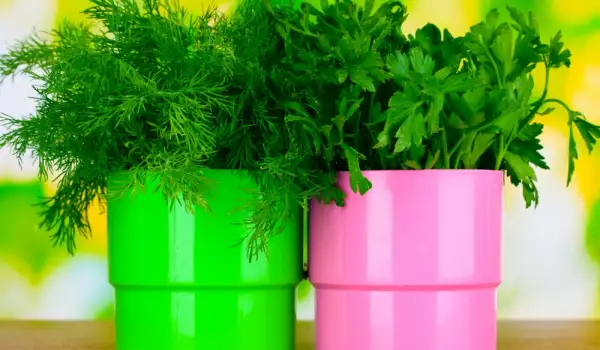
Dill can also be stored and frozen, whole or chopped, in an airtight container. Thoroughly washed and shaken out of the water, the dill is placed upright in a zip lock plastic bag and is ready to freeze. Fresh dill can be frozen for up to two months, but its green color will darken after that. It is not necessary to defrost the dill stalks before use.
Dried dill seeds should be stored tightly closed in a glass container in a cool, dry, dark place where they will stay fresh for about six months.
Cooking with dill
As the opening sentence made clear, all parts of dill come into use. When fresh, finely chopped tender stalks are an indispensable part of a number of spring dishes. Dill is very suitable for flavoring tarator, soups, green salads, cottage cheese, cheese, fish, sauces, boiled lamb or beef.
The taste of dill goes very well with any potato dishes - baked, fried or boiled. Peas, green beans and mushrooms also have a very fresh taste thanks to dill.
A very important detail in the use of dill is that it should not be boiled together with the dish, so that it does not to lose its great aroma. Dill goes very well with lemon, onion, garlic and black pepper.
Dill is put in pickles, canned fish and various marinades. In some parts, its seeds are used to flavor vine sarma.
It is an interesting fact that in Swedish cuisine, dill is what paprika is to us - a highly respected and used spice. In Moldovan and Russian cuisine, dill is a very favorite flavoring for seasoning salads, soups and various meat dishes.
Benefits of dill
The unique benefits for our health come from the two types of medicinal components of dill that it contains, namely monoterpenes and flavonoids, and in general they are:
- Protection against free radicals and carcinogens. Monoterpenes have been shown to activate the enzyme glutathione-S-transferase, which helps attach the antioxidant molecule glutathione to oxidant molecules that would otherwise harm the body. The volatile oils contained in dill can help neutralize some types of carcinogens.
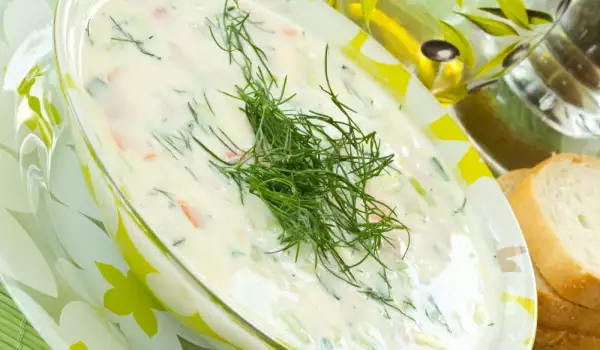
- Dill has an antibacterial effect;
- Dill helps prevent bone loss; Dill, as a very excellent source of calcium, plays an important role in reducing the bone loss that occurs after menopause and in some illnesses, such as rheumatoid arthritis;
- Dill enhances the flow of milk during breastfeeding. It is also useful for nausea, has a vasodilating and pain-relieving effect. Decoction from dill or its seeds dilates blood vessels, reduces high blood pressure, relaxes the smooth muscles of the intestines.
Harms from Dill
Consumption of dill is not recommended for people who suffer from acute inflammation of the intestines and stomach because it increases acidity.
Dill tea
Dill is part of the Apiaceae family, as a herbaceous, annual, vegetable, with special therapeutic value. Cultivated since ancient times by the Egyptians, Greeks and Romans, the plant is known worldwide. In traditional medicine, dill seeds are used for their estrogenic properties, being recommended to correct the estrogen deficiency found in women. Dill tea enlarges breasts, accelerates hair growth, softens skin), prolonging a woman's biological youth.
Dill tea effects:
It stimulates and harmonizes the activity of the reproductive system in women, triggers the menstrual cycle), stimulates the release of milk in lactating women. It acts as a digestive tonic, stomachic, carminative, antispasmodic, diuretic.
Contributes to:
- normal functioning of the female hormonal system;
- normalization of milk secretion in the grid;
- normal functioning of digestion;
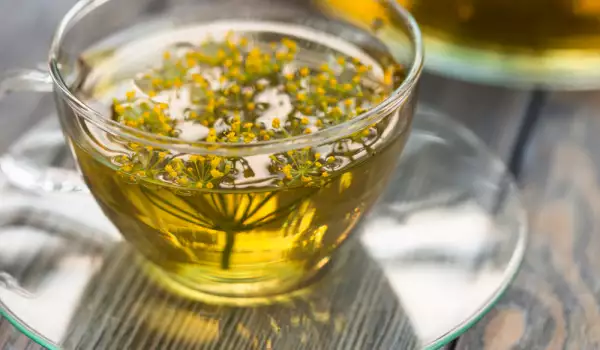
- reduction of spasms that occur in the digestive tract.
Dill tea is used as an additional remedy for: amenorrhea (absence of menstrual cycle), hypogalactia (small amount of milk secretion), dysmenorrhea (irregular and painful menstrual cycle), infertility in women, premature menopause, breast hypoplasia, indigestion, flatulence (abdominal bloating), digestive spasms.
Contraindications of dill tea
Hypermenorrhea, ovarian cysts, breast nodules, benign and malignant breast or genital tumors, pregnancy, dill allergy.
Dill consumption
- powdered - the plant is finely grinded with an electric grinder. Take one teaspoon 4 times a day on an empty stomach. The powder is kept under the tongue for 10-15 minutes, then swallowed with water.
- one teaspoon of the upper part of the plant is added to 250 ml of water, kept for 6-8 hours at room temperature, then strained and drunk on an empty stomach. Apply 3 glasses with maceration per day, with 30 minutes. before eating.
- dill decoction - prepared from a teaspoon, adding the upper part of the plant to 250 ml of boiling water, keeping for 15 minutes at room temperature, then straining and drinking on an empty stomach. Apply 3 cups of infusion per day for 30 minutes before meals.
Dill oil
Dill essential oil is obtained from dried dill seeds and is rich in beneficial substances that have a positive effect on our health.
It helps with muscle, abdominal, respiratory or intestinal spasms. Dill essential oil soothes spasms, regardless of their nature, relieving episodes of coughing, hiccups, muscle aches or abdominal pain. Dill oil has a relaxing effect that treats and prevents spasms.
In addition, dill essential oil facilitates digestion by stimulating the digestive juices. It also stimulates the salivary glands, which also contributes to good digestion.
It has also been shown that it can cure problems such as bloating or flatulence, but it can also prevent them.
Dill essential oil is also used for its disinfectant properties. If you add it to salads, it protects you from microbial infections. It also promotes the treatment of infections in the colon, urinary tract, kidneys and genitals. If used externally, dill essential oil protects wounds, preventing infection and speeding up their healing. Dill oil can be applied as is or diluted with water if you have sensitive skin.
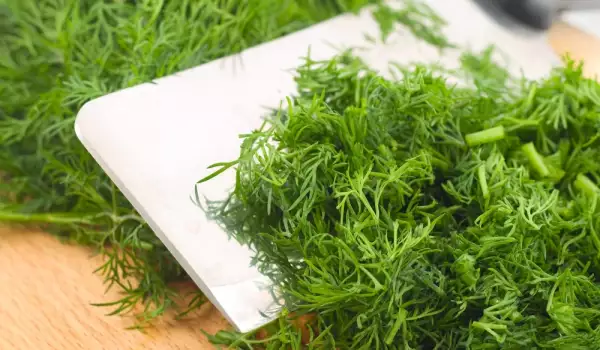
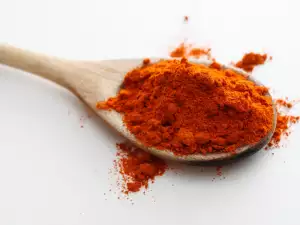
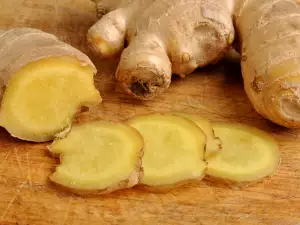
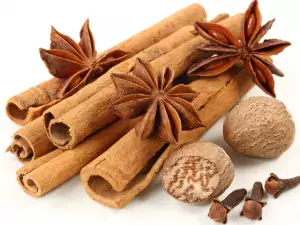

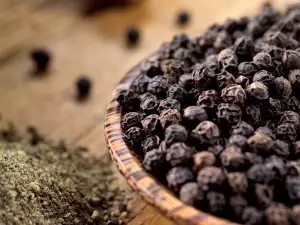

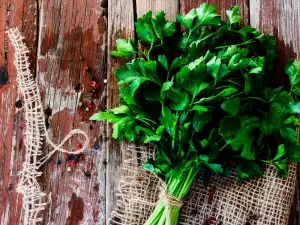


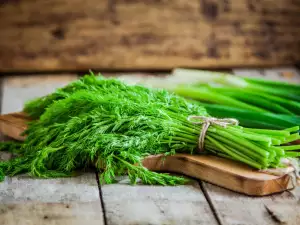
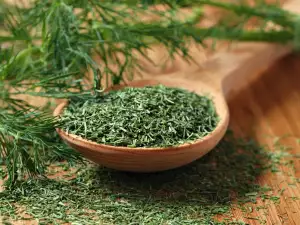

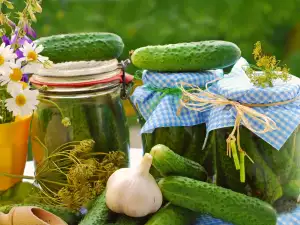




Comments